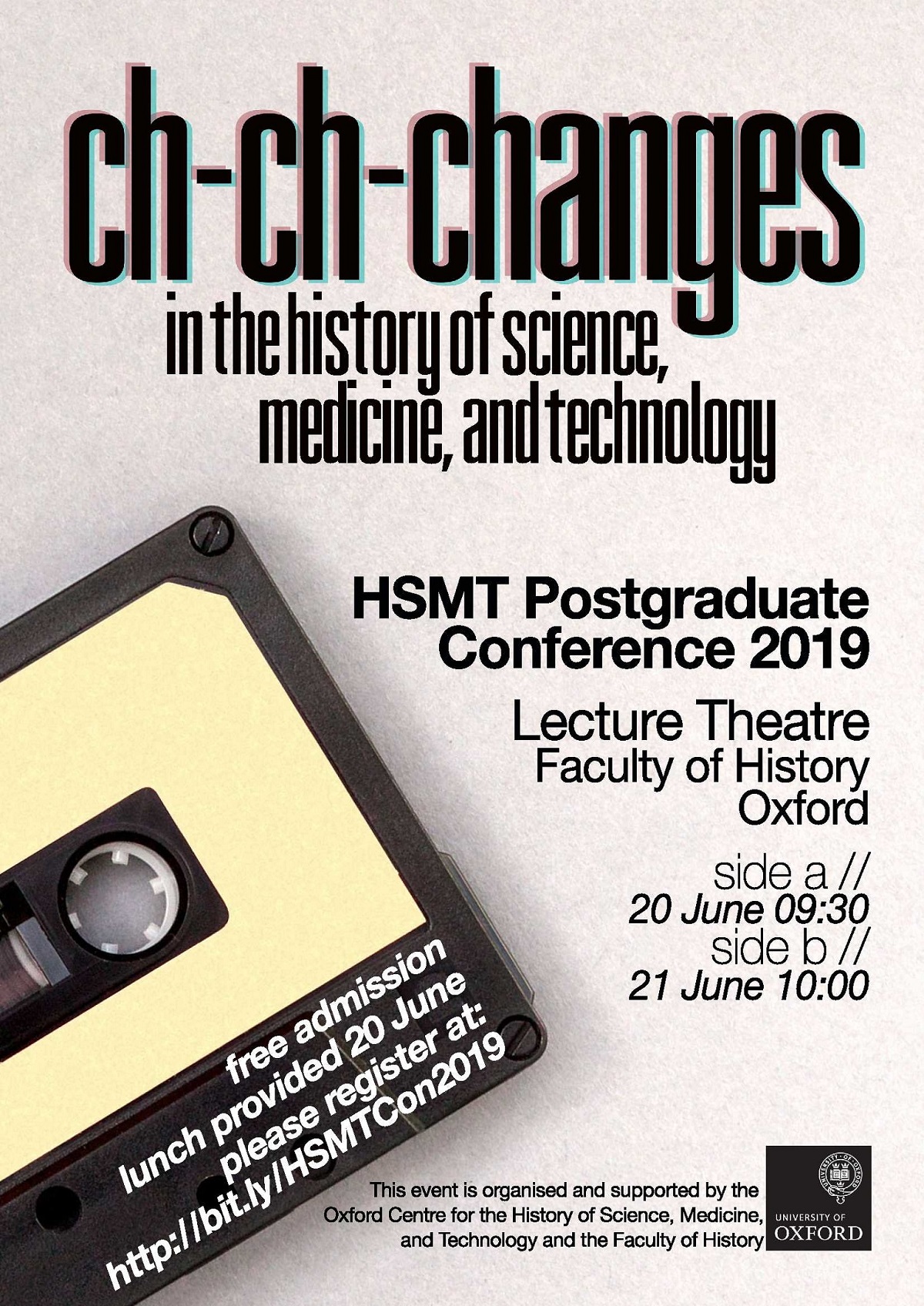Who? Major General Professor Alan Hawley CBE will be speaking about ‘A Medical Commander In Rwanda 1994: Stabling The Four Horsemen Of The Apocalypse’.
He ‘studied medicine at the University of Birmingham and then joined the British Army as a doctor. His military experience included the command of the Parachute Medical Regiment and operational experience in Northern Ireland, Bosnia, Kosovo, Rwanda, Sierra Leone, Afghanistan and Iraq. He was the medical commander in most of these deployments which made him the most operationally experienced British Army Medical Commander since the Second World War. He completed 34 years of service and left in 2009 to take up a Professorial appointment in Disaster Studies. He is currently settling into academic life again as a theology undergraduate at Wycliffe Hall, University of Oxford.’
What? ‘In 1994 the world witnessed one of the most devastating episodes of genocide ever perpetrated. The United Kingdom deployed a force of 650 to be part of the United Nations response to the disaster. This lecture will feature the experience of Alan Hawley as the medical commander of the British contingent. He will offer a personal view of the politics, realities and ethics of the situation in Rwanda. He will cover the change in the situation from murder and lawlessness to a more stable state of equilibrium and touch on the human cost of the deployment.’
Where? Green Templeton College.
When? Wednesday 22nd January 2020, 18:00.
For more information and to register, please visit https://www.gtc.ox.ac.uk/eventbrite-event/mcgovern-lecture-on-the-history-of-medicine/
